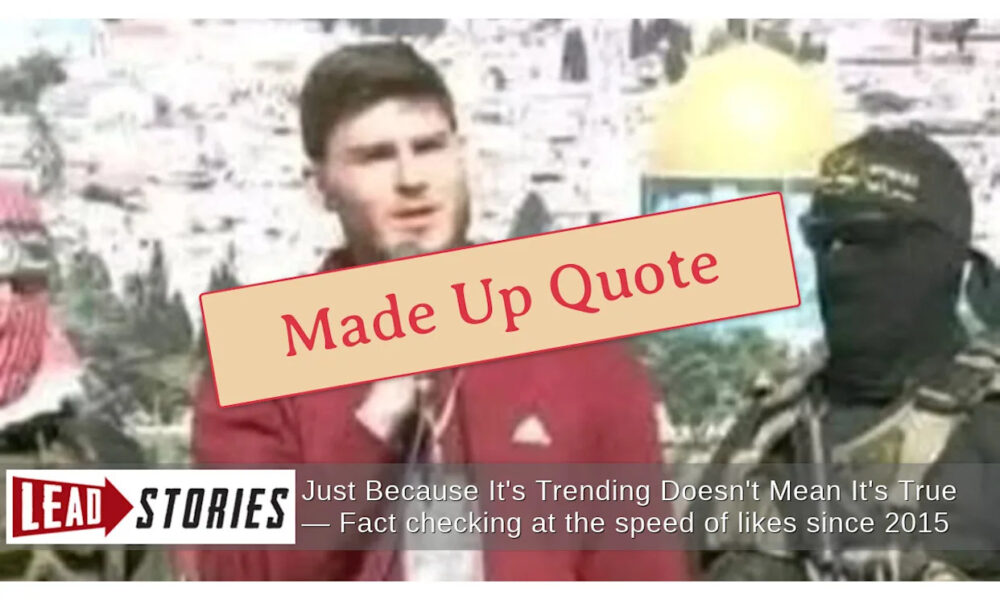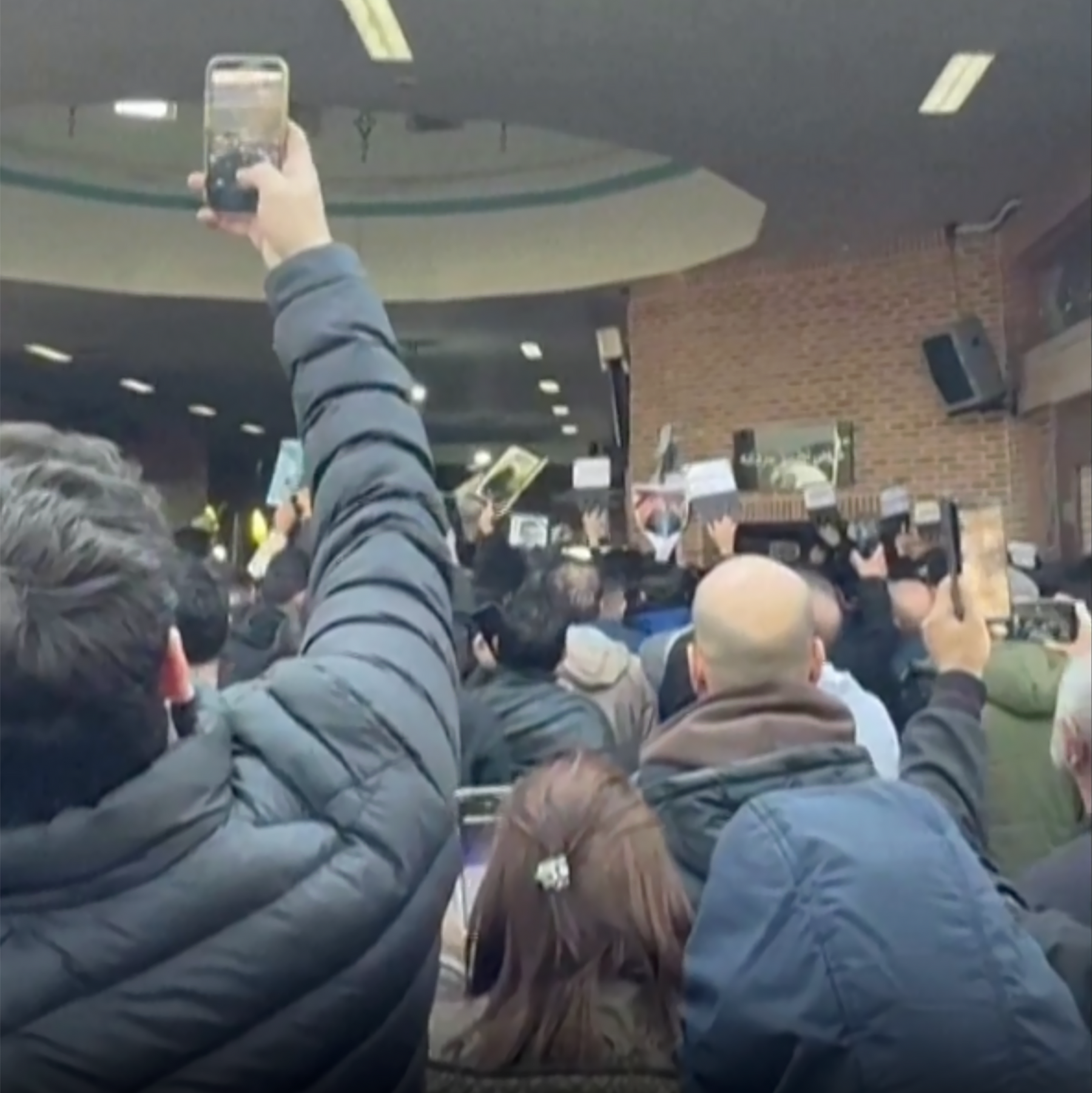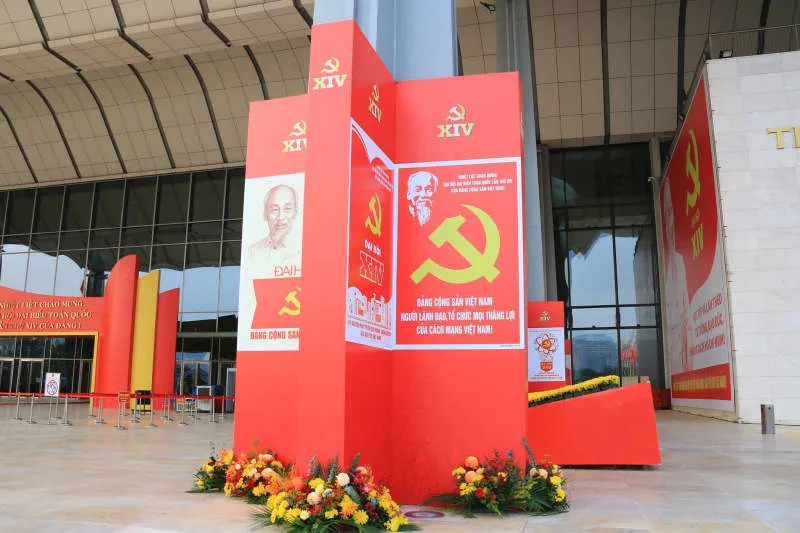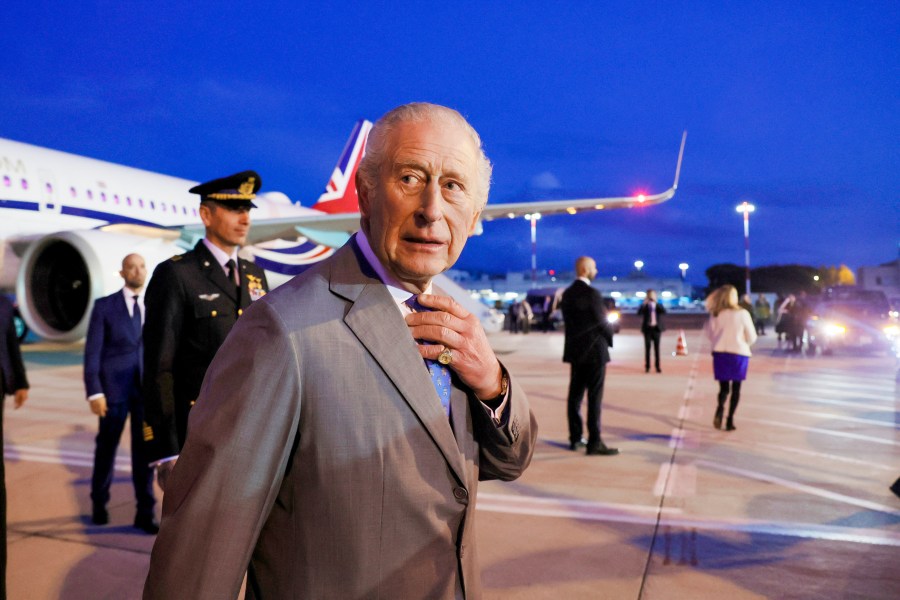An erroneous statement attributed to a recently freed Israeli prisoner has gone viral, leading to significant misinformation surrounding his experiences while held by Hamas. The individual in question is not named Alexander Turbanov, as suggested, but rather Alexander Troufanov. This mix-up first emerged on February 15, 2025, and has resurfaced, fueling confusion across social media platforms.
The quote in question, which claimed that Troufanov expressed gratitude towards his captors, was widely circulated after being posted by social media influencer Khaled Safi on X (formerly known as Twitter). Safi later clarified that he crafted the statement “on his behalf,” rather than it being a direct quote from the released prisoner.
The fabricated quote, which originated in a post from the Facebook page Towards Understanding Islam, claimed: “Your kindness has been engraved in my conscience forever.” This statement purported to reflect Troufanov’s sentiments during the 498 days he spent in captivity. The actual exchange ceremony for Troufanov, along with two other hostages, was documented in a report by US News & World Report.
In the article, Troufanov was pictured alongside fellow hostages Iair Horn and Sagui Dekel Chen as they were handed over to the Red Cross in Khan Younis, Gaza Strip. The ceremony took place on February 15, 2025, amidst ongoing discussions surrounding a ceasefire agreement between Israel and Hamas.
Safi’s post on X included an 8-second video clip showing Troufanov being escorted by armed fighters. While the translation of his original Arabic post did not exactly match the fabricated quote, it conveyed a similar sentiment of gratitude. This prompted numerous inquiries from followers about the authenticity of the statements, leading Safi to clarify the situation in a subsequent post, stating: “These are not the words of the captive, but rather I wrote them on his behalf.”
The spread of this misinformation highlights the complexities of narratives surrounding hostage situations and the importance of verifying information before sharing. As social media continues to play a pivotal role in shaping public perception, misattributed statements can significantly influence opinions and lead to misunderstanding regarding sensitive topics like hostage exchanges.
This incident underscores the need for careful scrutiny of information circulated online, particularly in contexts as contentious as the Israeli-Palestinian conflict, where narratives can quickly become polarized. The public is encouraged to seek out credible sources and verify information before drawing conclusions based on potentially fabricated quotes.







